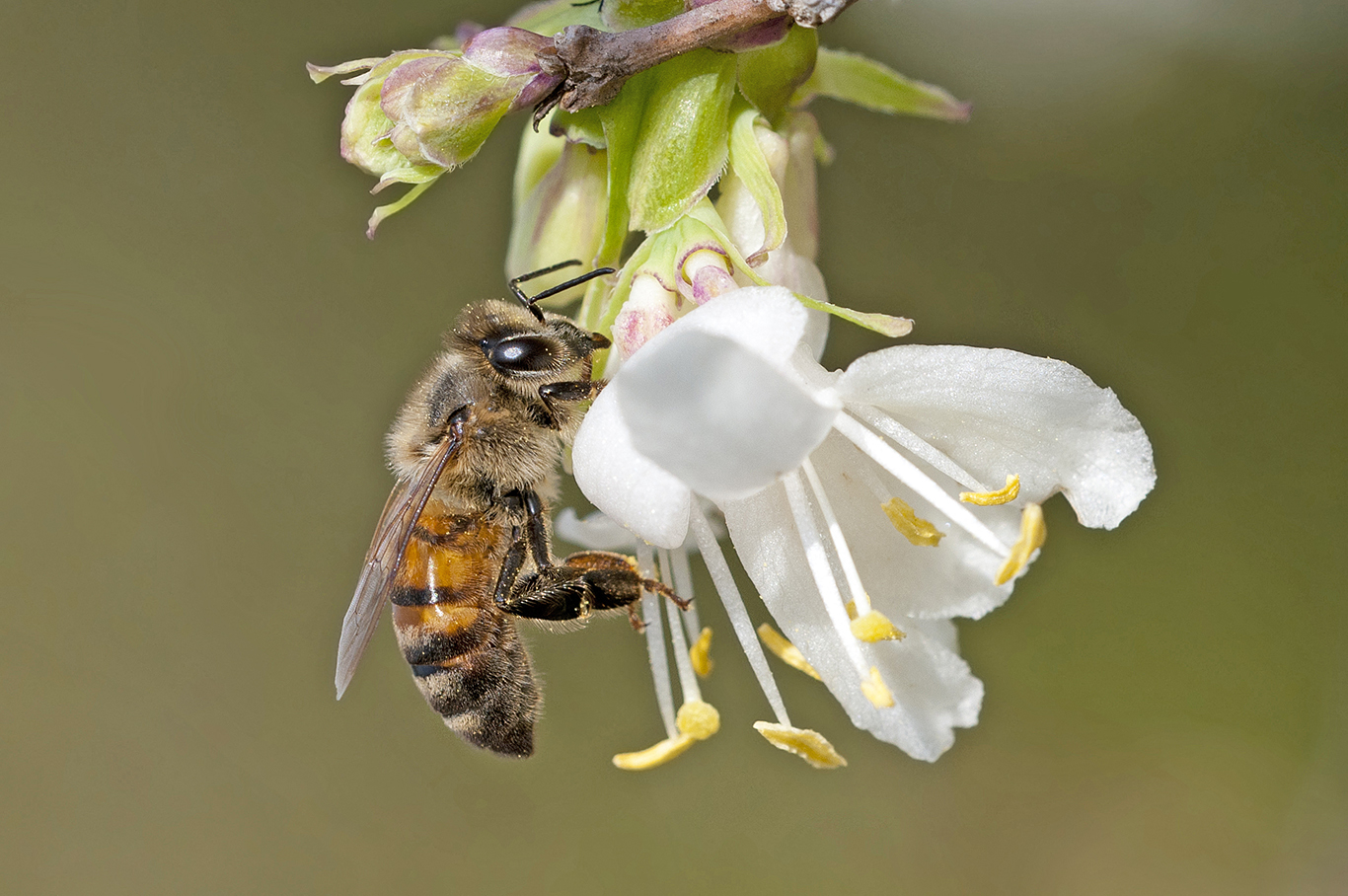Banned bee-killing pesticide to be used on English sugar beet in 2022
The UK Government has again given the go-ahead for the banned pesticide thiamethoxam to be applied to sugar beet crops across England in 2022.
This will be the second year running that usage has been granted, following a successful application by British Sugar, despite the government's own advisors recommending against its approval. Farmers wish to use the pesticide to kill off aphids, which transfer a virus that causes damage to crops.
Neonicotinoids (NNs) were banned for agricultural use in the UK and the EU in 2018 due to their devastating impact on bees. Even minute traces of these toxic chemicals in crop pollen or wildflowers play havoc with bees' ability to forage and navigate, with catastrophic consequences for the survival of their colony. A recent study showed that even one exposure of a neonicotinoid insecticide had significant impacts on their ability to produce offspring in future years.
British Sugar was successful when it made the same application last year, but bees were spared due to a cold winter which killed off large numbers of aphids, meaning the threshold for use was not met and thiamexthoxam was not used.

Neonicotionoid pesticides, including thiamethoxam, have a devastating impact on bees and other insects (Zeynel Cebeci / commons.wikimedia.org).
The Pesticide Collaboration, formed of health and environment organisations, says that the Government should be going much further to ensure that farmers have alternatives to harmful pesticides and increase the protection for bees and other wildlife from the harm caused by them.
Matt Shardlow, CEO of Buglife, said: "Neonicotinoids approved under the current pesticide approval process devastated populations of wild bees and heavily polluted rivers. It is shameful that no action has been taken to ensure that bee- and wildlife-destroying pesticides are properly assessed as being pollinator-safe before they are approved or derogated for use. The Government had the chance to do that in the Environment Bill, and failed to do so."
Joan Edwards, Director of Policy and Public Affairs at The Wildlife Trusts, added: "The Government's decision to allow farmers to use a banned chemical goes against the expert advice of its own Health and Safety Executive, and the Expert Committee on Pesticides.
"It's a clear betrayal of promises made to protect the natural world and comes at a time when nature declines are worse than ever. Thiamethoxam is known to have a devastating effect on wildlife – a single teaspoon is toxic enough to kill 1.25 billion bees.
"Less than two months ago the Government adopted a legally binding commitment to halt the decline of wildlife by 2030 within its flagship Environment Act – the authorisation of this neonicotinoid flies in the face of this commitment and sounds a death knell for millions of bees and other insects."

